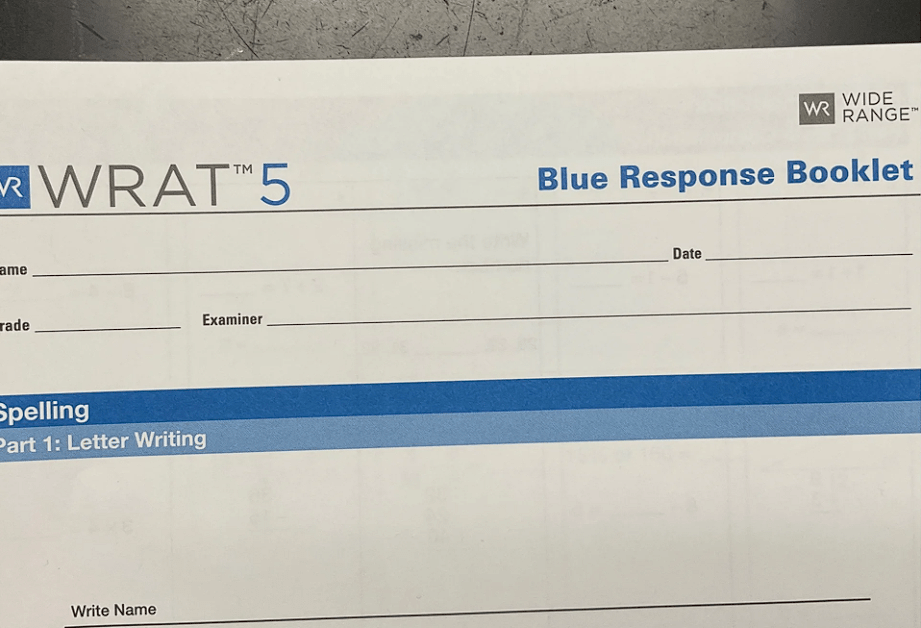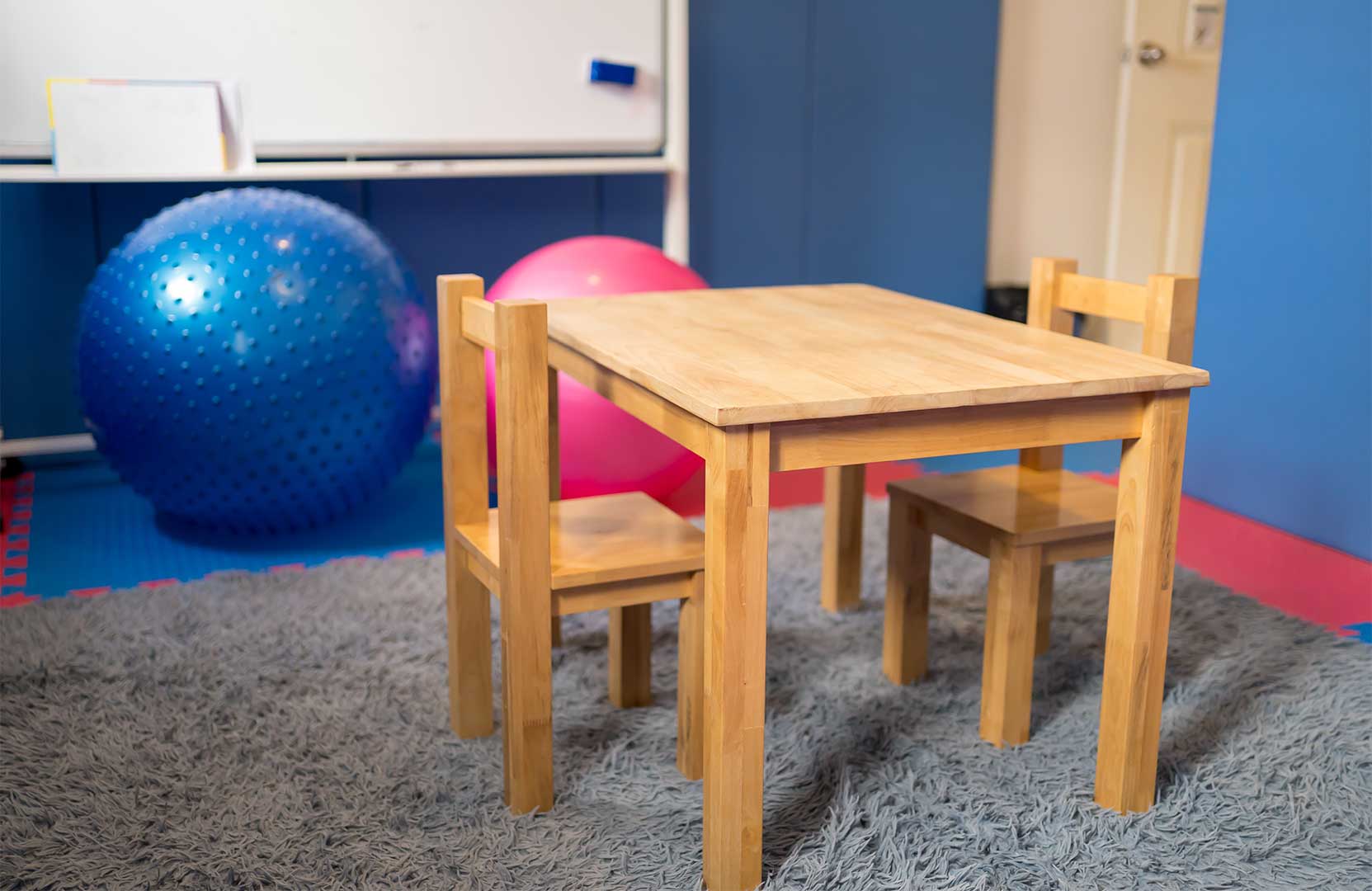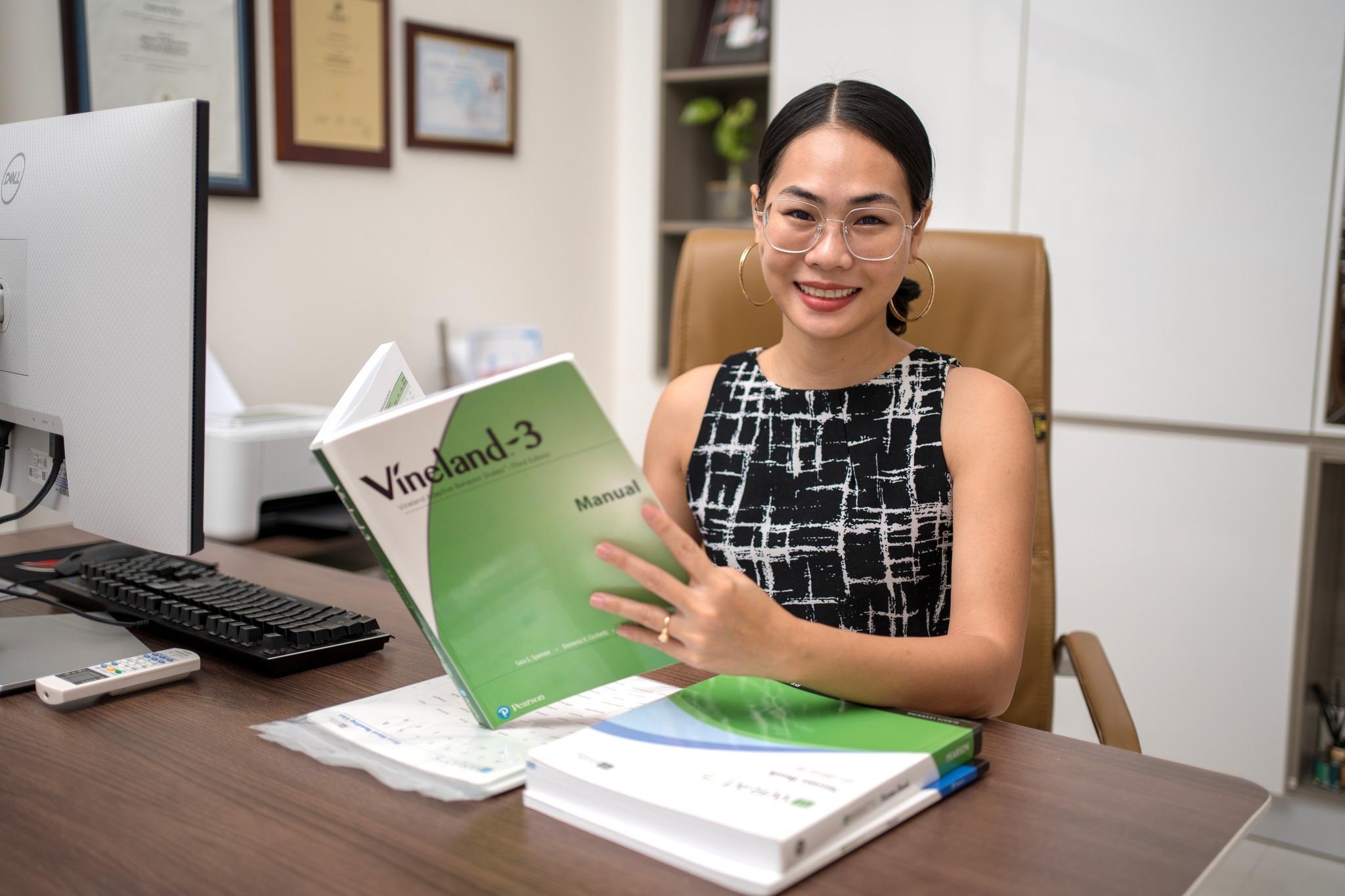Academic assessment is the process of collecting information about a student’s academic skills and knowledge. It is used to identify a student’s strengths and weaknesses, to track their progress over time, and to make decisions about their education.
Academic assessment is particularly important for students with special needs. These students may have learning disabilities, cognitive disabilities, or developmental disabilities that make it difficult for them to learn in a traditional classroom setting. Academic assessments can help to identify the specific areas where students need additional support and to develop individualized education programs (IEPs) that meet their unique needs.
Types of Academic Assessments for Special Needs
There are a variety of different academic assessments that can be used for students with special needs. The specific assessments that are used will depend on the student’s individual needs and the goals of the assessment.
Some common types of academic assessments for students with special needs include:
- Norm-referenced tests: These tests compare a student’s performance to the performance of other students in the same grade level or age group.
- Criterion-referenced tests: These tests measure a student’s mastery of specific skills or knowledge.
- Curriculum-based assessments: These assessments measure a student’s progress on the specific curriculum that they are being taught.
- Portfolio assessments: These assessments collect a variety of student work, such as writing samples, projects, and tests, to demonstrate a student’s skills and knowledge.
Accommodations and Modifications for Academic Assessments
Students with special needs may need accommodations or modifications during academic assessments to ensure that they have a fair and accurate assessment of their skills and knowledge.
Accommodations are changes to the testing environment or procedures that make it easier for a student to take the test. For example, a student with a visual impairment may be provided with a large print test or a braille test.
Modifications are changes to the content or expectations of the test. For example, a student with a learning disability may be given extra time to complete the test or be allowed to use a calculator on a math test.
Benefits of Academic Assessment for Special Needs
Academic assessment can provide a number of benefits for students with special needs. It can help to:
- Identify a student’s strengths and weaknesses
- Track a student’s progress over time
- Make decisions about a student’s education
- Develop individualized education programs (IEPs)
- Ensure that students are receiving the support they need to succeed
How to Prepare for Academic Assessment
There are a few things that parents and teachers can do to help students with special needs prepare for academic assessment:
- Explain the assessment to the student. Help the student to understand what the assessment is, why it is important, and what to expect.
- Provide the student with practice opportunities. Give the student opportunities to practice taking similar assessments before the actual assessment.
- Provide the student with support during the assessment. Be available to answer the student’s questions and to provide encouragement.
Academic assessment is an important part of the educational process for all students, including students with special needs. It can help to ensure that students are receiving the support they need to succeed.
If you are the parent of a student with special needs, or if you are a teacher who works with students with special needs, it is important to be familiar with the different types of academic assessments that are available and to understand how to prepare students for these assessments.
Find out if your child needs extra support today!
- My child screams hysterically
- My child is mean to other children
- My child is always worried
- My child is scared to go to school
- My child is scared of loud noises
- My child doesn’t know how to read
- My child is scared to play outside
- My child does not respond to his name
- My child always gets in trouble
- My child fights with other children
- My child doesn’t know how to count
If you are concerned about your child’s development, contact us for Assessments: Phone/Telegram: 077.455.993 – Telegram Link: https://t.me/OrbRom
If you are concerned about your child’s development, contact us for Assessments.
Phone/Telegram: 077.455.993 Link: https://t.me/OrbRom






Leave A Comment